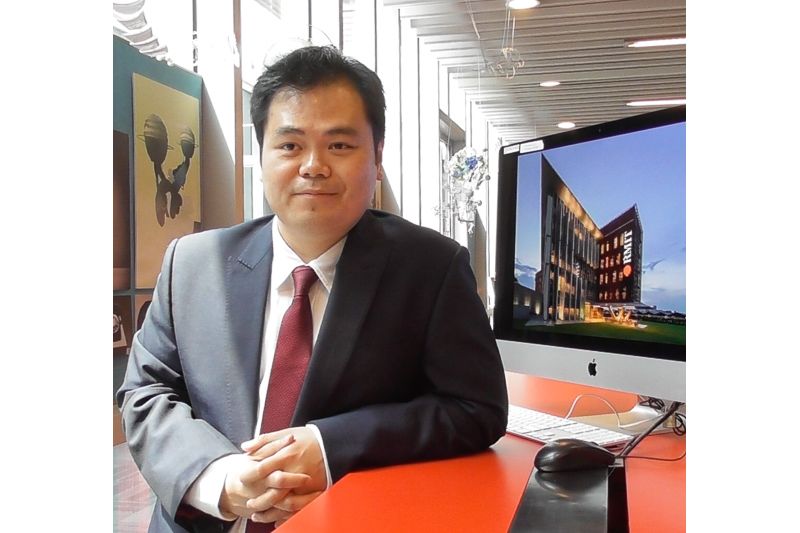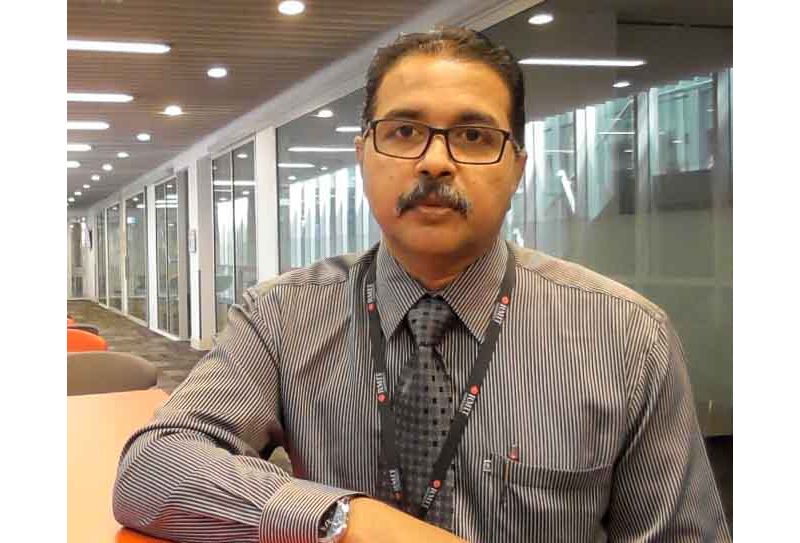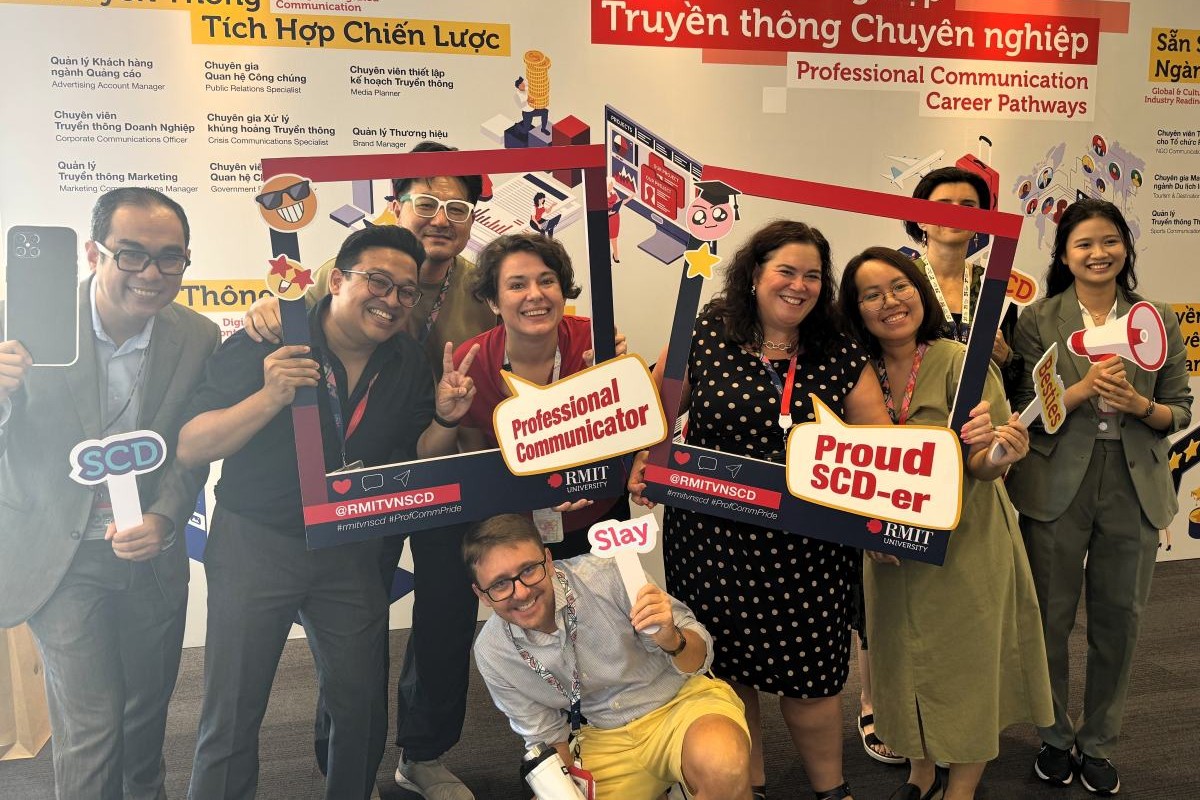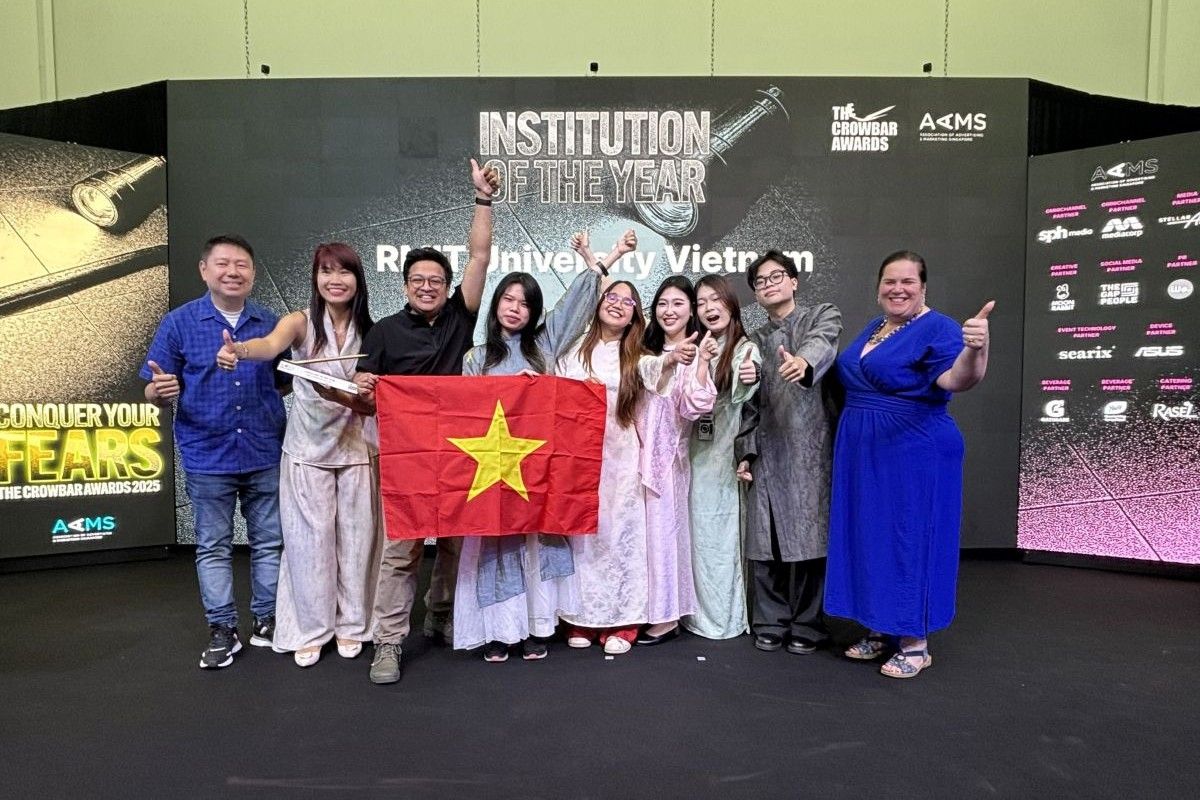Turning managers into leaders
The workforce shortage of skilled management in Vietnam is creating an invisible barrier for businesses, hindering their ability to maintain a competitive edge, according to Dr Seng Kok, Senior Program Manager of RMIT’s Human Resources Management and Entrepreneurship program.
This has affected the ability for businesses to maintain agility, and enhance their competitive advantage in the marketplace.
“There have been growing calls to develop quality and excellence in people management, in order to turn middle managers into the potential leaders of tomorrow,” Dr Kok said.
He noted that it will take a number of years to fill the shortage in skilled labour and management.
“Capacity building is always a long-term goal but it is vital to consider succession planning, resilience training and knowledge transfer, to essentially grow a workforce that is not only upskilled but one that continues to build upon the foundations left by previous generations.”
According to Dr Kok, the first step to respond to the shortage would be to enhance vocational training and link educational institutions to the needs of the marketplace.
“The cycle of capacity building and the achievement of critical mass is still quite a few years away from being realised, but Vietnam is perfectly poised to embark on this journey,” Dr Kok said.
This will bring not only an opportunity to bridge the skills gap and develop managers of the future, but a clear chance to foster and nurture tomorrow’s leaders.
“Managers who essentially become leaders -- motivational, charismatic and able to deliver a new generation of upskilled, active and high-quality workers – are in demand from industry.”
The growing use of technology in the human resources industry will help businesses become more strategic when hiring, training and identifying skilled personnel who can deliver their short- and long-term objectives.
“Gaps can be forecasted in advance and dealt with through targeted training or recruitment via the use of technology to review capacity and workloads,” Dr Kok said.
“There are also growing calls for a closer relationship between industry and education, where synergies can be made in developing programs or training that is not only educational but teaches real-world skills required in the workplace.”






